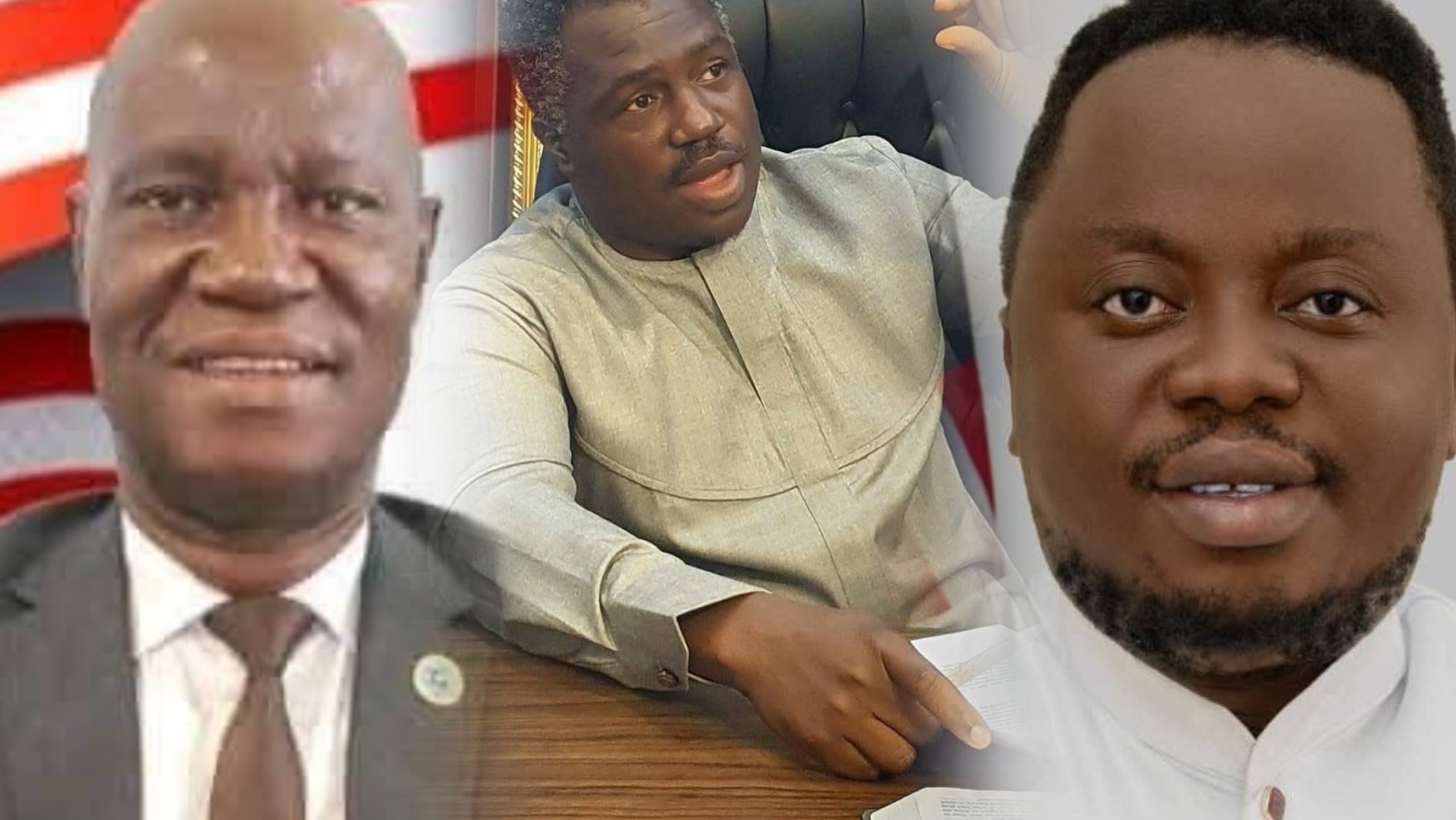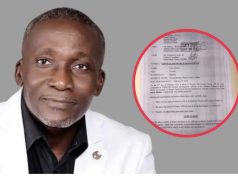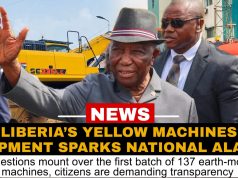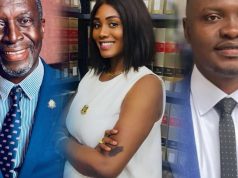Gio and Mano Leaders Fuel Ethnic Hostility; VP Koung’s Weak Apology Fails to Quell Fears of Violence Ahead of Crucial Election
The specter of tribal warfare looms over Nimba County as inflammatory rhetoric, political exclusion, and open threats against the Mandingo community threaten to plunge Liberia into another cycle of ethnic violence. What began as a competitive senatorial race has devolved into a toxic battle for tribal dominance, with Gio and Mano leaders openly declaring that a Mandingo candidate will never hold power in Nimba, no matter the cost.
Nimba, Liberia’s second-largest county, has long been a powder keg of ethnic tensions. The recent death of former warlord-turned-kingmaker Prince Johnson has left a power vacuum, sparking a ruthless scramble among tribal factions. Now, as candidates vie for the vacant senatorial seat, the campaign has taken a dark turn, marked by threats, racial slurs, and warnings of land dispossession against the Mandingo people.
At the center of the storm is Honorable Musa Bility, a Mandingo politician whose bid for the Senate has been met with fierce resistance. His opponents, backed by influential Gio and Mano leaders, have resorted to fear-mongering, openly stating that Nimba is “only for Mano and Gio.”
The situation escalated when Prophet Key, a controversial figure allied with President Boakai’s camp, unleashed a tirade against the Mandingo community. In a recorded speech that has since gone viral, Key declared:
“No Mandingo man can win an election in Nimba! Never! We will take their land from them, and we will do worse to them!”
He then descended into vulgar insults against Mandingo women, further inflaming tensions. The speech sent shockwaves across Liberia, with human rights groups condemning it as incitement to ethnic violence.
Vice President Jeremiah Koung, a key Gio leader and supporter of senatorial candidate Kongar, initially stayed silent as the outrage grew. Only after intense pressure did he issue a tepid apology, distancing himself from Key’s remarks, but many saw it as damage control rather than genuine remorse.
“I had no part in this, and I am deeply sorry,” Koung said.
Yet, critics argue that his alliance with Kongar—who benefits from tribal solidarity, makes his condemnation ring hollow. Worse, Koung’s own speeches have subtly reinforced tribal divisions, praising “the oneness of our people” in ways that exclude the Mandingo.
Liberia’s civil wars were fueled by tribal animosities, and Nimba was a major battleground. The Mandingo, perceived as outsiders despite their long history in the region, have faced systemic discrimination. Now, with politicians openly stoking ethnic hatred, fears of renewed conflict are growing.
Political analyst Samuel Doe warns:
“This is how violence starts. First, they dehumanize a group. Then they say they don’t belong. Then comes the bloodshed. Liberia cannot afford to go back to that.”
President Joseph Boakai has yet to forcefully address the crisis, raising concerns about his administration’s commitment to national unity. Meanwhile, the National Elections Commission (NEC) faces scrutiny over Prophet Key’s disqualification, seen by some as politically motivated.
Civil society groups are demanding:
- Immediate prosecution of Prophet Key for hate speech.
- A public reconciliation forum involving all tribal leaders.
- Stronger security presence to protect Mandingo voters.
If this tribal venom is not contained, Nimba’s election could become a flashpoint for nationwide unrest. The Mandingo, though a minority, wield economic influence, and their alienation could destabilize Liberia’s fragile peace.
As one Mandingo elder put it:
“They say this is not our land. But we have nowhere else to go. If they push us to the wall, what choice will we have but to fight back?”
The world is watching. Will Liberia’s leaders act before it’s too late?
Final Note:
This article is a call to action, a warning that history must not repeat itself. Tribal politics destroyed Liberia once. It must not be allowed to do so again.






